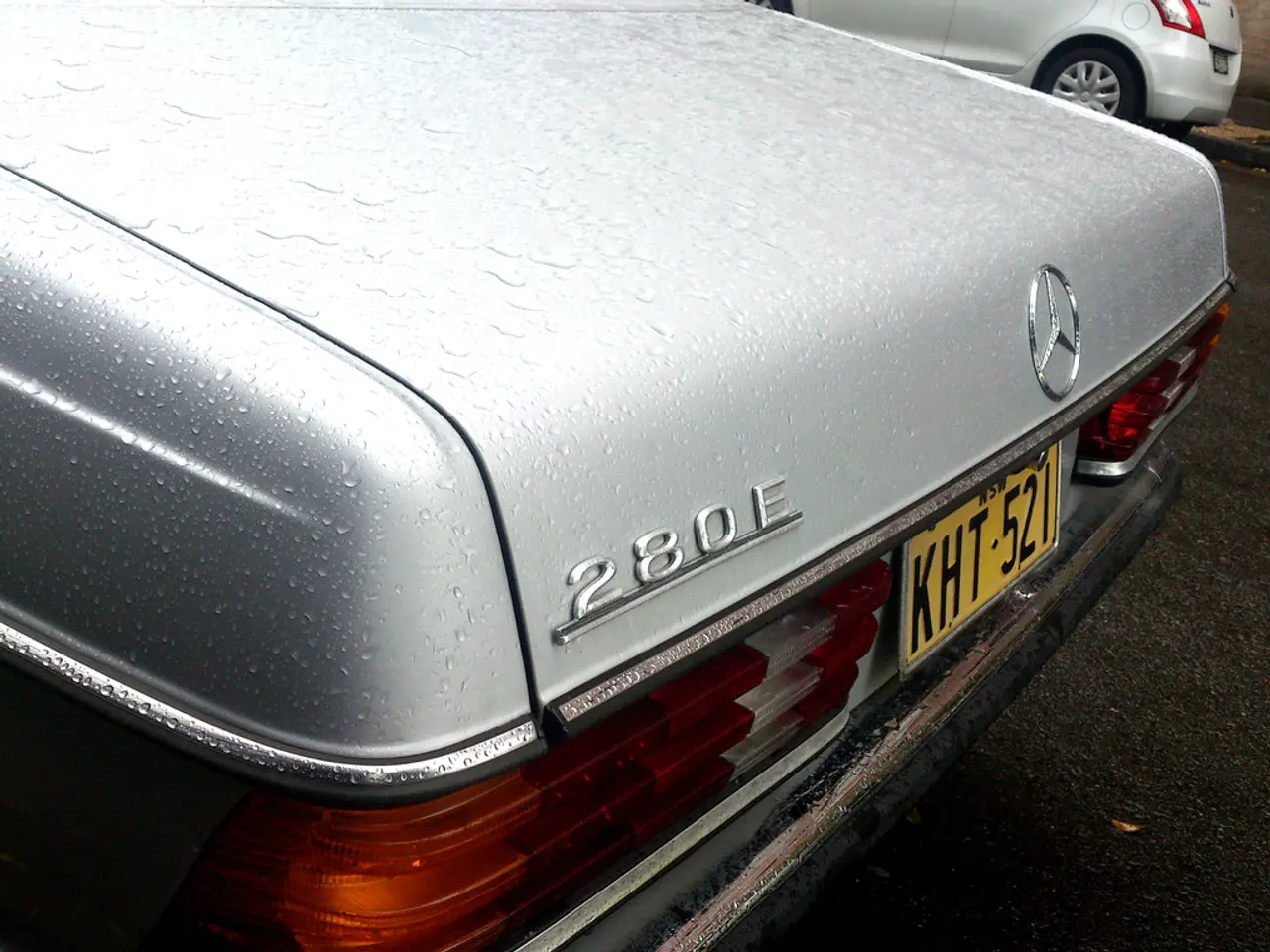Cutting Down on Labels: Mercedes Resolves to Abandon the Label "Luxury"
In a significant move, Mercedes-Benz is adjusting its strategy to cater to a wider audience and is moving away from its traditional luxury-only brand image, according to the company's CEO, Ola Källenius.
Reports suggest that the term "luxury" is being largely removed from Mercedes' official strategy, with the company shifting towards a more inclusive, high-volume approach. This change aims to produce over 2 million vehicles annually, a stark contrast to its historically exclusive luxury positioning.
The decision to broaden the market appeal is a response to current economic challenges, including a 56% drop in net profit in the first half of 2025, high tariffs, emissions regulations, and consumer hesitation. Mercedes-Benz plans to maintain profitability by balancing volume with cost control and focusing on higher margins in some luxury segments.
A key part of this strategy involves shifting the focus from expensive models like Maybach and AMG towards more affordable compact cars and SUVs for the masses. The company is planning to launch multiple electric vehicles across various price segments, including entry-level compact electric crossovers catering to urban drivers. In total, Mercedes plans to introduce 17 new EV models and 19 new or revised internal combustion engine vehicles by 2027.
Despite this shift, Mercedes-Benz is not abandoning its luxury roots. The company aims to continue standing for something special, offering the most desirable product in each of its segments. Källenius has distanced himself from the luxury term, stating that the company will no longer focus solely on luxury but will instead offer a range of products for various customer segments.
The company's current margin of 5.3% is significantly lower than its previous top profits of almost 15%. This, along with the falling market value of the company (currently below 50 billion euros, a quarter less than last year), has likely influenced the decision to delay the "electric-only" strategy until the 2030s. The company currently employs around 175,000 people worldwide.
Källenius' credo of "margin over volume" still applies, as long as factories are fully utilized. The balance between unit sales and prices needs to be restored, according to Källenius, as part of the strategy to adapt to current market conditions.
In summary, Mercedes-Benz is responding to economic challenges by broadening its market appeal and de-emphasizing luxury branding in favor of volume growth, cost efficiency, and electrification to sustain profitability and market relevance in a competitive global landscape.
What sectors might Mercedes-Benz aim to expand into with its new strategy that promotes volume growth and cost efficiency, rather than focusing solely on luxury?Finance, transportation, automotive, and possibly even the industry sector could see Mercedes-Benz entering as they diversify their product lineup to target a wider audience.




